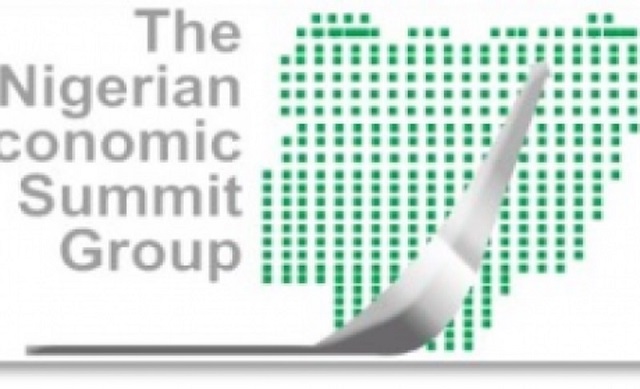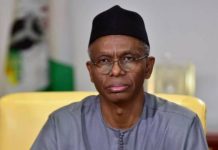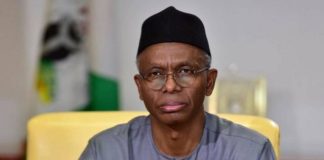The Nigerian Economic Summit Group (NESG) said on Friday that the economic growth recorded in Nigeria is not sustainable because unemployment is on the rise.
The NESG, a private sector-led think-tank, noted in its economic report for the first quarter of 2021 the nation’s economic growth is not strong enough to reduce unemployment.
According to the group, Nigeria needs more than an economic rebound, and that there is a need to improve growth inclusiveness.
It said, “Nigeria’s economic growth trajectory is better described as jobless and less inclusive even in the heydays of high growth regime in the 2000s.
“While the Nigerian economy recovered from recession in 2020Q4, unemployment rate spiked to its highest level ever at 33.3 per cent in the same quarter.
“With the COVID-19 crisis heightening the rate of joblessness, many Nigerians are expected to fall into the poverty trap, going forward.”
The group noted that the World Bank estimated an increase in the number of poor Nigerians to 90 million in 2020 from 83 million in 2019.
READ ALSO: El Rufai Sacks 99 Aides, Says No Civil Servant Affected
“This corresponds to a rise in headcount poverty ratio to 44.1 per cent in 2020 from 40.1 per cent in 2019. The rising levels of unemployment and poverty are reflected in the persistent insecurity and social vices, with attendant huge economic costs,” it said.
According to the report, huge dependence on proceeds from crude oil, leaving other revenue sources unexplored, indicates that Nigeria is not set to rein in debt accumulation in the short to medium term.
The NESG noted that public debt stock continued to trend upwards, with a jump from N7.6tn ($48.7bn) in 2012 to N32.9tn ($86.8bn) in 2020.
It said public debts grew by 20 per cent between 2019 and 2020, adding, “This is partly due to the need for emergency funds to combat the global pandemic and alleviate its adverse economic impacts on households and businesses.”
It said, “Nigeria has struggled to achieve inclusive growth for many decades. Since recovery from the 2016 recession, the economy has been on a fragile growth path until it slipped into another recession in 2020 due to the COVID-19 pandemic.
“This suggests that the country needs to attain high and sustainable economic growth to become strong and resilient.”













